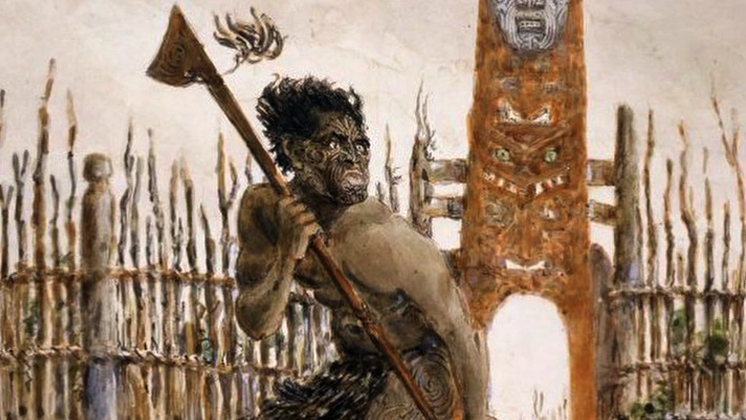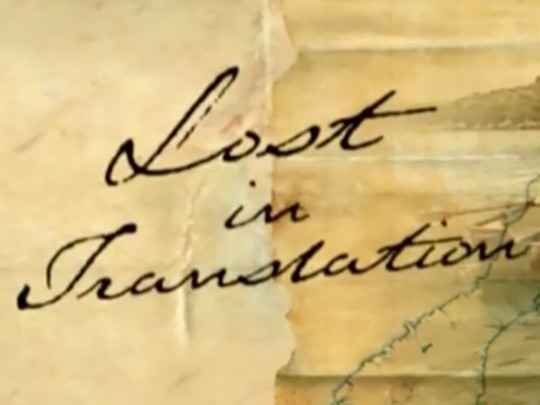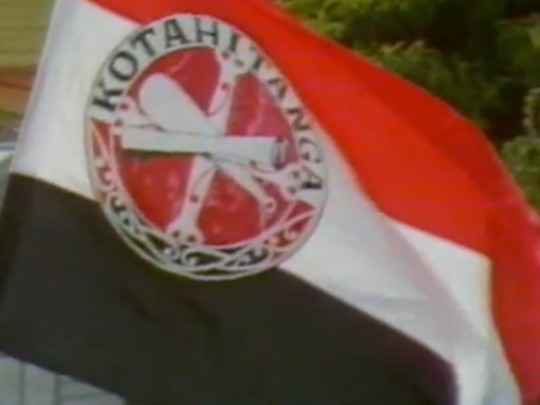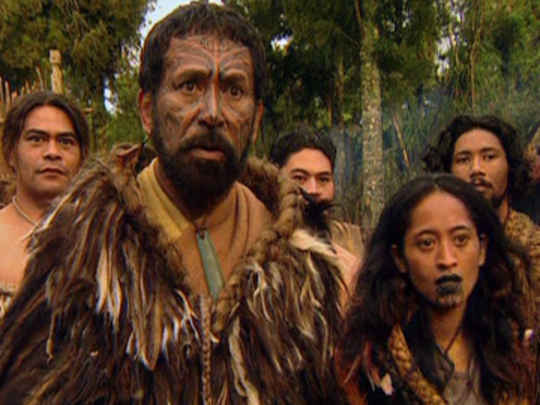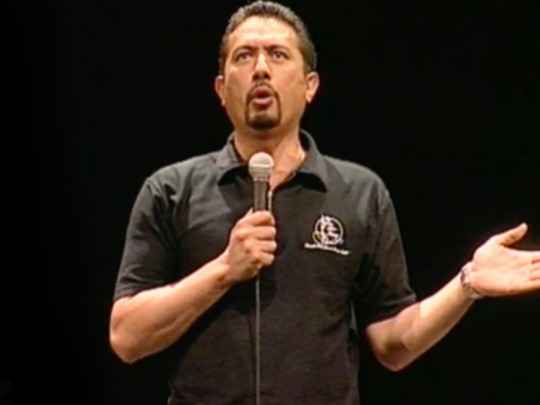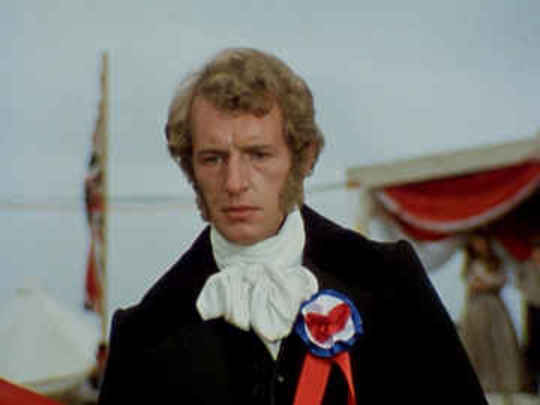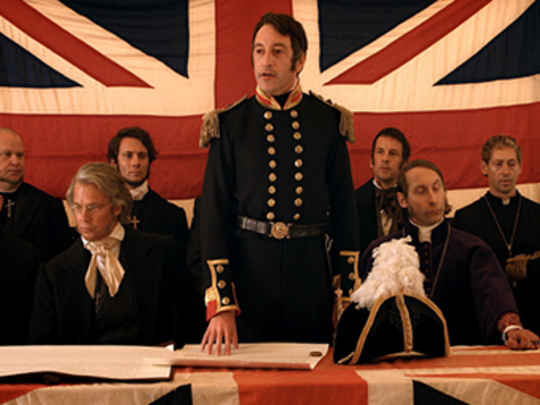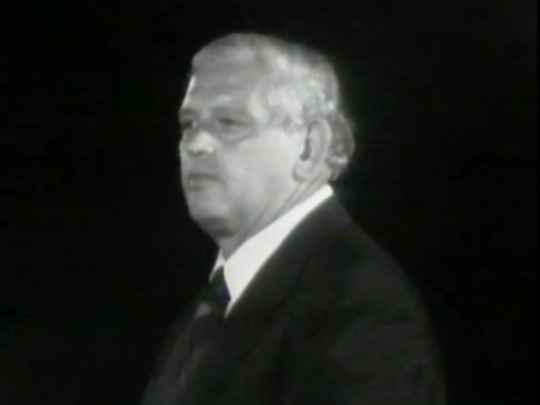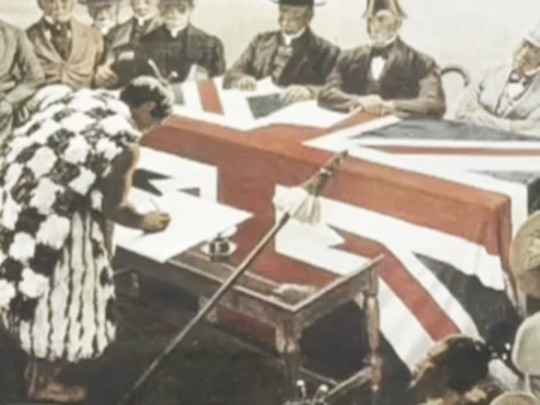Lost in Translation 6 - The Tauranga Sheet (episode six)
Television (Full Length Episode) – 2009
Nine sheets, 541 signatures and one founding document that continues to define our country.
– Presenter Mike King
This week I travel to Tauranga, where in 1840 Māori were fighting Māori, and the Protestant missionaries were slugging it out with the Catholics. In the midst of this hotbed of conflict, a local vicar got his hands on one of the flashest treaty copies to circulate around the country. But it was never used, and never returned. And that's just one of the many mysteries surrounding this intriguing Tauranga treaty signing.
– Presenter Mike King, at the start of this episode
Back in 1840, Tauranga was a major agricultural area. Māori grew important crops: kūmara, wheat, vegetables, flax — both for themselves, and to sell to European settlers in exchange for goods like blankets, tobacco, axes, knives and guns.
– Presenter Mike King, at the start of this episode
The incident was part of an ongoing battle between Rotorua and Tauranga Māori. On this particular day, Rotorua chiefs invited a promimint chief from here, Pounui, over for peace talks and a feed. Sadly for Ponui, it turns out he was the feed
– Presenter Mike King describes the events of 9 April 1840, near the start of this episode
The Tauranga treaty sheet rises more questions than it answers. There's no dates to indicate when the signings took place; there's no information to suggest where the signings happened — nothing.
– Presenter Mike King
...in the end they put him in jail to make him sign.
– Mawete Gardiner on her tūpuna Hori Tupaea, who refused to sign the treaty
So what you're saying is by getting these premiere signatures, it adds mana to the document.
– Mike King talks with Mawete Gardiner on why so much effort was put into getting Ngāi Te Rangi leader Hori Tupaea to sign the teaty
He would say 'I told you so'. He'd say 'this is why I didn't want to sign because I could see...it's not written for you Māori, it's not written for me — it's written for them.' That's to me why he didn't sign that paper. He had a foresight into the future for the Māori.
– Mawete Gardiner is asked what Hori Tupaea would make of how the treaty has panned out for Māori
One of the things that fascinates me the most in this journey that I'm undertaking, is the question of why people signed or didn't sign. What were their hopes and their fears? What did they think they'd gain or lose by signing this document.
– Presenter Mike King
